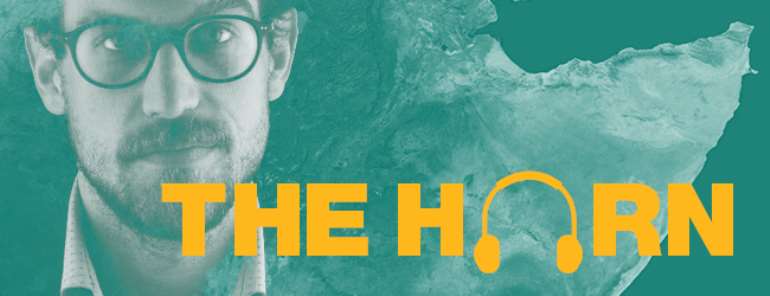Somalia's Dangerous Impasse

Tensions have been rising in Somalia since President Mohamed Abdullahi “Farmajo” failed to hold elections in February. After Farmajo moved to extend his term by two years, the ongoing political crisis triggered clashes between security forces loyal to the president and clan militias in Somalia’s capital Mogadishu. This turn of events forced President Farmajo to backtrack, says political and security analyst Mohamed Mubarak, but inherent lack of trust among stakeholders means the dispute continues.
Mohamed says the crisis proves Somalia doesn’t really have a national army, as clan militias still hold the most sway. Despite these challenges, there is no political will to make much-needed changes to Somalia’s broader federal structure. He tells Alan that Somalia, pressured by the international community, has focused on anti-piracy and counter-terrorism operations, setting aside fundamental security issues and institution building. They also discuss why Al-Shabaab may be winning the battle for legitimacy, the barriers to seeking any political settlement with the group, the risk of civil war should the African Union Mission to Somalia (AMISOM) soon withdraw, and where Somalia’s state-building project should go from here
